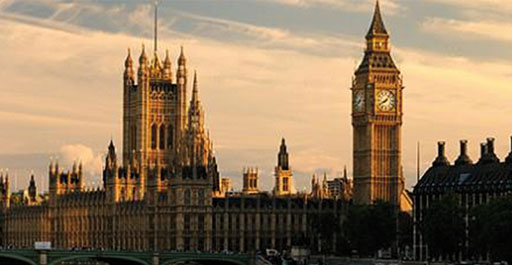5 Bills and Acts and the UK Parliament
The Office of the Parliamentary Counsel is a group of government lawyers who specialise in drafting legislation. Their role begins when legislation is first being considered and they remain involved throughout the Parliamentary process and beyond.

Box _unit6.5.1 Box 4 Information on Acts of the UK Parliament
Putting the Act into force
The Government is responsible for bringing new laws into force, once they have been passed by Parliament.
An Act may come into force immediately, on a specific future date, or in stages. You can find out when an Act is due to come into force by looking at a Section of the Act itself, headed ‘Commencement’ – this is among the very last sections of an Act.
Sometimes a specific date is not given and the timing is left to the discretion of the Secretary of State for the relevant government department.
Although Parliament is not responsible for implementing legislation, its committees can investigate how well an Act is being implemented by the Government and the effect that the new law is having. This is known as post-legislative scrutiny.
Changes to Acts
Future changes to the law happen through the passing of another Act or delegated legislation. An Act can also be repealed so that its provisions no longer apply. Parliamentary committees examine UK laws and recommend the removal of out-of-date legislation.
Finding the text of Acts
Almost all current Acts of Parliament are available to read on the Legislation.gov.uk website. Be aware that the text of the original Act passed by Parliament will differ from a revised version of the Act that incorporates changes made by subsequent legislation.
The UK Houses of Parliament changed from hand writing original Acts of Parliament to printing them in 1849. They are printed on vellum, and still are to this day.
The Acts were also the Bills, until the switch to printing. The Bills would pass through one House, be handwritten onto parchment after report stage, and all amendments made on third reading and during all stages in the second House were painstakingly made onto the parchment. This same document became the Act after Royal Assent. This was the case from 1497–1849, so anyone wanting to consult Bills in this period should actually consult the original Act.
There do additionally exist printed Bills for reference from the early 18th century but they were not made systematically. There is no single definitive set, sometimes they were printed by private promoters (rather than by Parliament), and where odd Bills do survive there is often no indication of what stage of debate they had reached. Their usefulness therefore varies.
Texts of most Acts of Parliament as originally passed by Parliament since 1800 are available on the Legislation.gov.uk website. The Parliamentary Archives has copies of original Acts from 1497.
